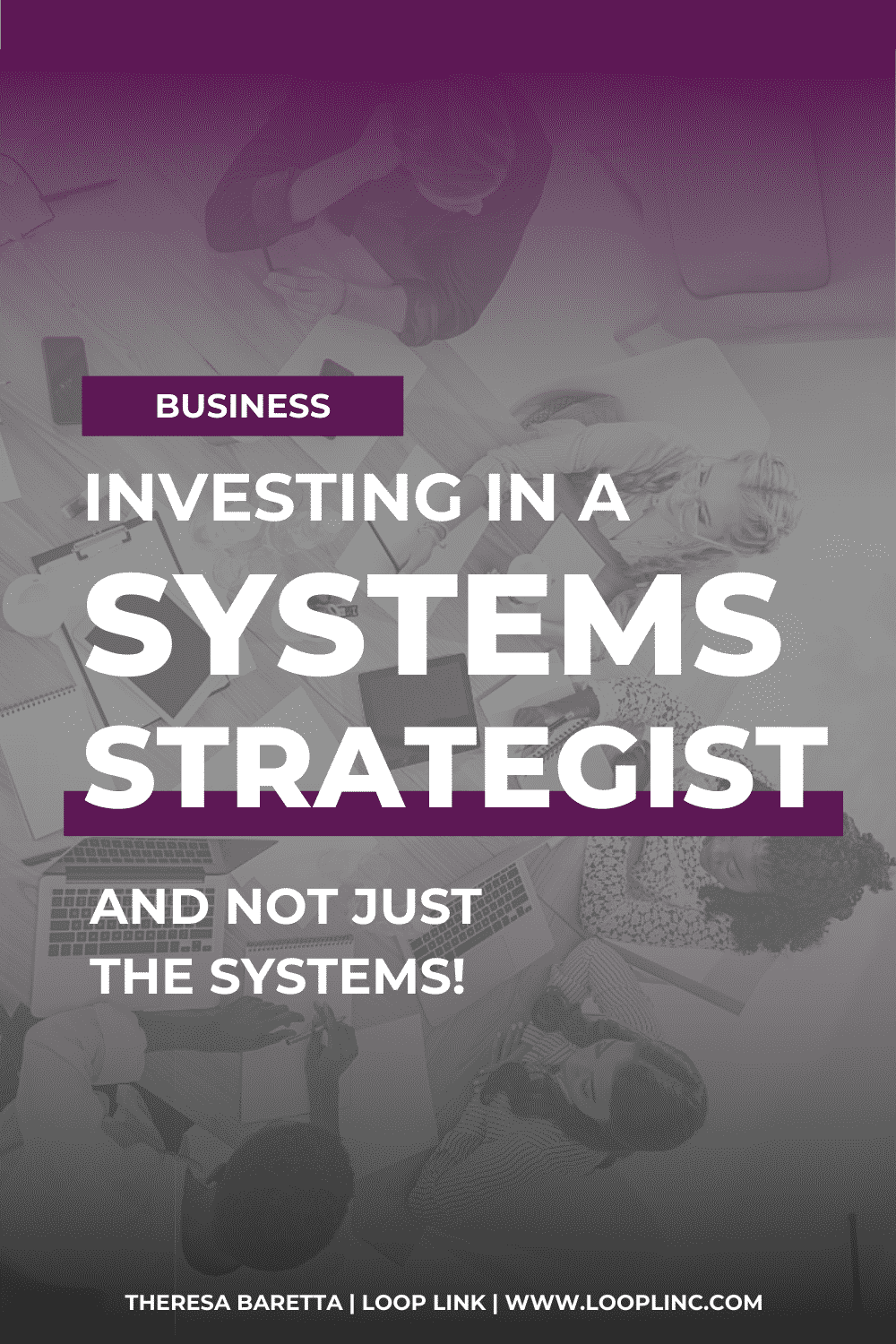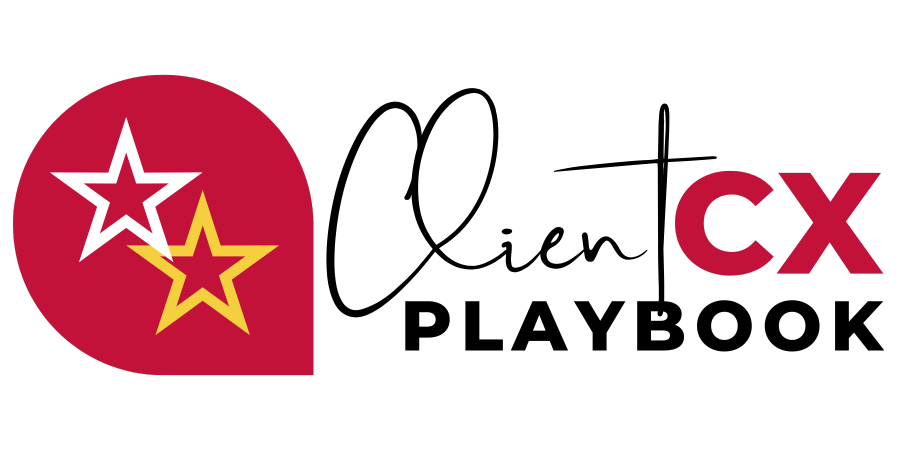Business systems allow CEOs and entrepreneurs to establish links between all the moving parts of their business, resulting in sophisticated, streamlined processes. A systems strategist is the most qualified person to set up and calibrate these systems in a way that achieves peak efficiency.
This is because systems strategists have been trained to build high-performing systems and protocols from the ground up. They don’t just look at the desired outcome— they look at each piece of the puzzle, study how these pieces impact one another, and come up with solutions for each individual component.
The knowledgeable input a systems strategist can provide is extremely advantageous for businesses.
You’ve probably heard the saying “technology is only as good as the user”. It’s a true statement— and it’s also the reason why having a strategist design business systems is so indispensable.
In today’s blog post, I’ll be taking a closer look at the value a strategist brings when creating business systems, while also discussing the types of systems a strategist is capable of optimizing.
Let’s get to it.
The 3 Core Competencies of a Systems Strategist

1. Organization
Before high-performing business systems can be implemented, your current company procedures, frameworks, and records must be methodically organized. Otherwise, when you put your new systems in place, they’ll become bogged down— especially if your team members continue to use them in the same haphazard fashion. One of the primary functions of operations management is to ensure a business runs like a well-oiled machine. But if the machine is being clogged with uncategorized files, messy email inboxes, and muddled task management processes, it will eventually crash. A systems strategist, or business operations consultant, understands this and has the ability to look at your business from a 30-thousand foot view, gaining the insight required to put long-term, sustainable structures in place that will prevent inconsistencies in the future.
2. Simplification
Now that you are starting from a clean, expertly-composed bottom line, it’s time to simplify your systems and processes. And remember, simplification doesn’t mean unsophisticated. Your business systems can be straightforward and streamlined and still be highly developed. It’s all about shifting from manual activities to automated ones, and putting the frameworks in place so your business can run in a lighter, faster and more efficient way. In a nutshell? A systems strategist will do away with unnecessary assets and practices, refine processes that produce the highest yield, and eliminate any potential disturbances so your business can function at maximum productivity levels for years to come.
3. Scalability
In many cases, when CEOs and business owners build their own systems, they are focused on the needs of today. And while the solutions implemented may be beneficial in the short-term, over time cracks begin to show and productivity ultimately suffers. Planning for a sustainable and scalable business is one of the functions of operations management professionals (or systems strategists). They are exceptionally well-informed regarding best practices for growth and can help develop balanced, standardized and adaptable systems. Over time, this saves entrepreneurs a significant amount of money, since they do not need to go back to the drawing board each time their business experiences a surge in business or an expansion of services.
The Types of Business Systems Strategist Can Optimize
Strategists are capable of creating business systems for a broad range of applications.
Below are a few of the most common:
1. Employee Management Systems
These systems are used to vet, hire, develop, track, and terminate employees. Employee engagement strategies, training programs, HR reporting, and scheduling all fall under the employee management systems umbrella.
2. File Management Systems
File management systems are software programs that manage any type of data or file that is stored electronically. These systems include external storage devices (flash drives, hard drives, etc), internal devices (RAM, built-in hard drives, etc) and cloud-based storage solutions (Google Drive, Dropbox, etc).
3. Task Management Systems
These systems refer to a set of tools and processes used by a business to prioritize projects and complete them more efficiently. Components of a task management system include spreadsheets, time tracking tools, team collaboration software, communication apps, and more.
How I Can Help You Build Better Business Systems
More than 100 businesses who’s worked with us have leveraged the power of systems and complete the shift from burnt out and busy to organized and optimized.
So many of my clients are surprised at how life-changing leveraging automations to systematically complete tasks really is.
Before they know it, these CEOs and entrepreneurs are able to stay on top of content creation, client deliverables, and networking opportunities… and still have energy to spare.
But don’t just take my word for it— hear it directly from those who have benefited most.
After you’ve read these powerful testimonials, I encourage you to consider this— what if you could solidify each component of your business operations and finally enjoy more freedom and flexibility?
With an experienced and proven systems strategist on your side, you can.
Your Move
Unsure how to implement these solutions within your team?
Do you need an extra hand with team management?
Schedule a Strategy Session to discuss it!








